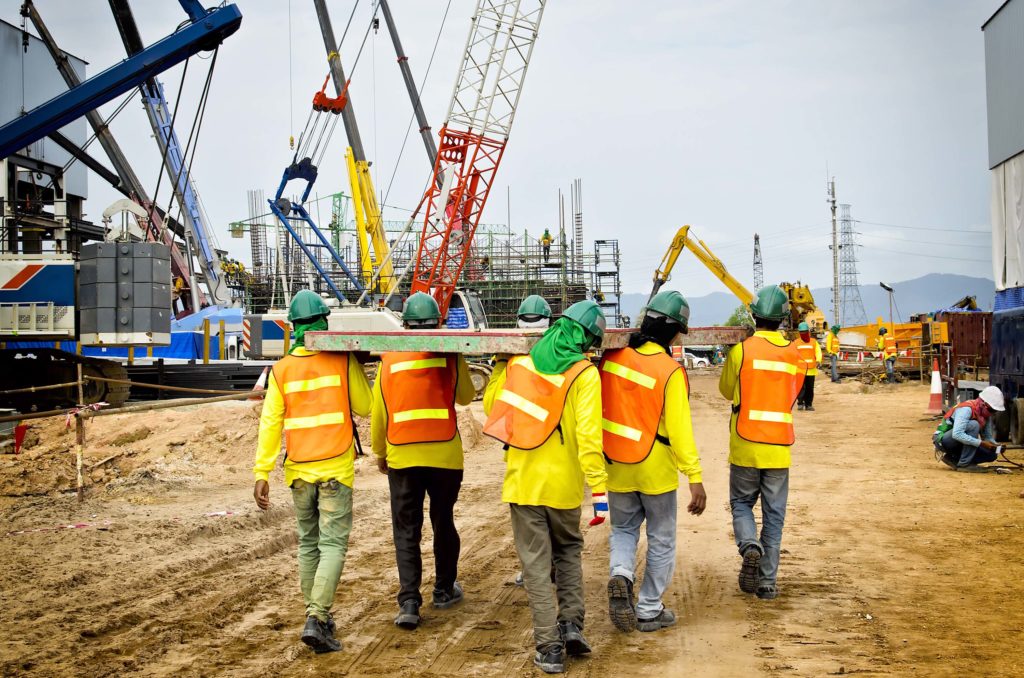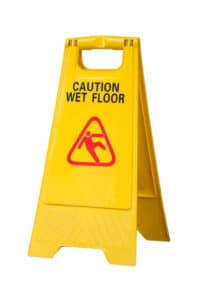Construction sites are one of the most dangerous places to work in America. According to the Occupational Safety and Health Administration (OSHA), one in 10 construction workers are injured every year, resulting in over 1,000 deaths. For every such incident, the questions remain; who is responsible? What remedies does the injured worker have?
If my employer was negligent, can I sue?
Generally speaking, the answer is no. All states have adopted some form of workers compensation, which is a type of insurance that provides payments for medical treatment and the replacement of income to employees injured in the course of their employment. Disability and death benefits are also available. One condition, however, of these guaranteed payments is the relinquishment of the employees’ rights to sue their employers for negligence.
Is every employer required to carry workers comp?
Each state has specific rules, but the vast majority of employers must provide coverage. The exception is typically for very small businesses; in some states a business with one or fewer employees is exempted, and in some the number is four or five employees.
My company doesn’t have coverage; what can I do?
If your employer is not required to provide workers comp coverage, or is but is in violation of the law, you may then consider filing a lawsuit. The issues then are similar as would be in any negligence action: can you prove your employer was negligent and that negligence was the cause of your injuries? Additionally, even if you prevail on the liability issue, you must prove specific damages and your employer must have sufficient resources to ultimately pay the potential judgement.
What if some other party is liable for my injuries?
Many construction-site accidents involve more than one party. For example, the owner of the site may not be your employer and may be responsible for allowing unsafe conditions to exist on the property. Similarly, many different contractors and subcontractors are typically working on a construction site at any one time; their failure to adhere to proper safety standards could have contributed to your injuries. The fact that you may be precluded from suing your employer does not mean you are barred from pursuing an action against a negligent third party.
I was partly negligent; what happens then?
Many states have what are known as comparative negligence laws. This means that you may be able to recover a part of your damages based on a proportional share of who was at fault. For instance, if a third party was 75 percent responsible for your injuries and you were 25 percent responsible, your recovery would be limited to 75 percent of your total damages.
Construction accidents involve not only the potential for serious and perhaps permanent injuries, but also typically present complex legal issues. Each potential defendant is eager to deflect liability to another, and uncovering the truth may not be a simple task. If you or a loved one has been injured in such an incident, you should retain an experienced construction accident lawyer as soon as possible.






























